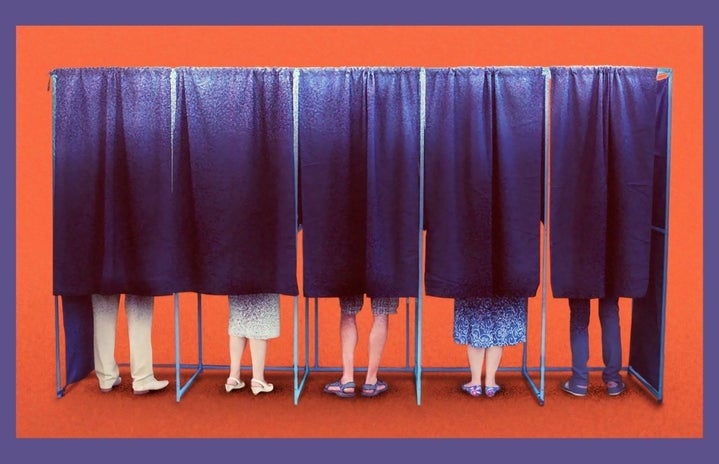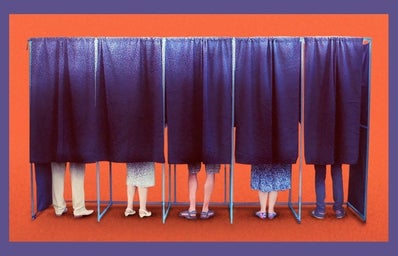As the 2024 election dawns upon us, one may be tempted to presume that voter participation in the US is high because of the bombardment of political campaign advertisements. Spanning both traditional means of media and more contemporary digital forms, we can see the strenuous efforts to propagate from both the Democratic and Republican party alike. However contrary to this illusion, the US trails far behind other countries when it comes to voter turnout rates. Using the 2020 US presidential election as the basis of assessment, the US ranked 31st amongst 49 other countries with recent national elections. This probes the question of what influences many from abstaining to participate in US elections relative to these other countries.
A lot of this abstention can be, and is commonly, attributed to the prevalence of self-inflicted ignorance and perception of voting as a hassle. Whilst one has the liberty to choose to abstain, voting is a right that many have fought for equal access to and a right in which citizens of some countries are deprived of. When abstention arises from this view of inconvenience, it can negate and invalidate the privilege one has as a citizen to participate in democratic civic society relative to other less democratic societies. As a dual citizen of both the US and a country in which illegitimate elections occur, it is disheartening to see US citizens throw away this privilege whilst citizens of other countries yearn for it.
On the other hand, some use abstention as a form of protest and to express their disapproval of both dominating candidates on the ballot. This may be a result of the disillusionment arising from past presidents not being able to fulfill their promises or candidates holding stances which do not align with the individual. If it does arise from the latter cause, then I believe that it is important to keep in mind that single-issue voting, or single-issue abstention for that matter, may be detrimental when presidents do influence more policies outside of the issue at hand. Thus, the use of one’s abstention as a form of protest on one issue can be seen as a disregard for other issues which are pivotal in light of the election.
In pertinence and as an extension to the discussion of voter abstention, it is also vital to talk about the gravitation towards voting for a third party candidate. This gravitation can be seen as a manifestation of the increasing tendencies for humanitarian protests that prevails in Gen Z communities. In light of the Israel-Palestine conflict, many Gen Zs opt to vote for a third party. However, I believe that the problem with this is that it is not a pragmatic form of protest. This form of protest may resonate with me more if this was employed in a proportional representation election like the UK’s wherein the seats in parliament are allocated to parties based on their proportion won in elections as this system allows for diversity of party participation. However when it comes to the US presidential election and the fact that one candidate will come out on top, giving your vote away to a third party may not negate the fact that there are 2 dominating parties whose candidates are competing with a very tight margin. This twitter user shares a similar sentiment:
I just want *one* "fuck the Dems, vote third party" person to answer one question:
— Reasonable Doubt (@Redoubters) October 21, 2024
What is the material benefit to the people of Gaza of you stickin’ it to the Dems (and, by corollary, helping elect Donald Trump)?
How are they better off due to your principled stand?
Ultimately, who you vote for is your choice – even if that choice is to use it as a form of protest against issues which do not align with your values. However, for those who are considering abstaining completely from voting, maybe it is time to recognize the privilege one has to exercise this right. Even if both dominating presidential candidates do not speak to you, know that there is more to the ballot than the presidential position. Local and municipal positions are up for election as well. Whether that be for the presidential election or local elections, your vote matters!


